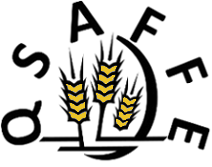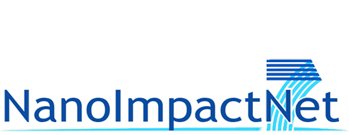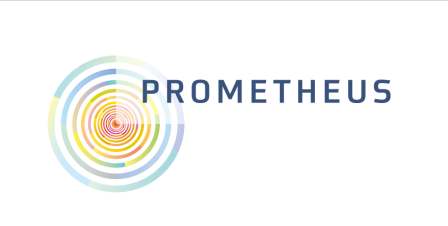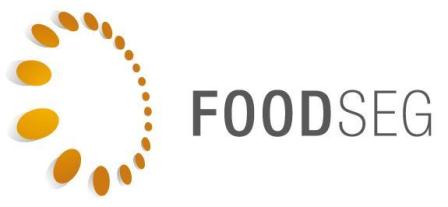Programme
The programme of the conference will consist of the lectures introducing symposium topics, oral contributions and poster presentations.
SYMPOSIUM will be focused on the following topics:
- Food Analysis Novelties
- Food Authenticity and Traceability
- Advances in Sample Preparation Techniques
- Analysis of Nanoparticles in Food
- Bioanalytical Methods for Food Control
- Emerging POPs issues
- Natural Toxins Analysis
- Allergens
- Speciation in Food Analysis
- Flavour and Food Quality Markers
- Industry needs versus scientific dreams: approaches for the food chain control
KEY SPEAKERS INTRODUCING SYMPOSIUM TOPICS:
- Elke ANKLAM (JRC, The Institute for Health and Consumer Protection , Ispra, I) INTRODUCTION TO THE EMERGING ISSUES ON NANOPARTICLES IN THE FOOD CHAIN
- Vincent BAETEN (Walloon Agricultural Research Centre (CRA-W), Gembloux – Belgium)
TRACEABILITY AND AUTHENTICITY ISSUES: REQUIREMENTS FOR ADEQUATE ANALYTICAL METHODS
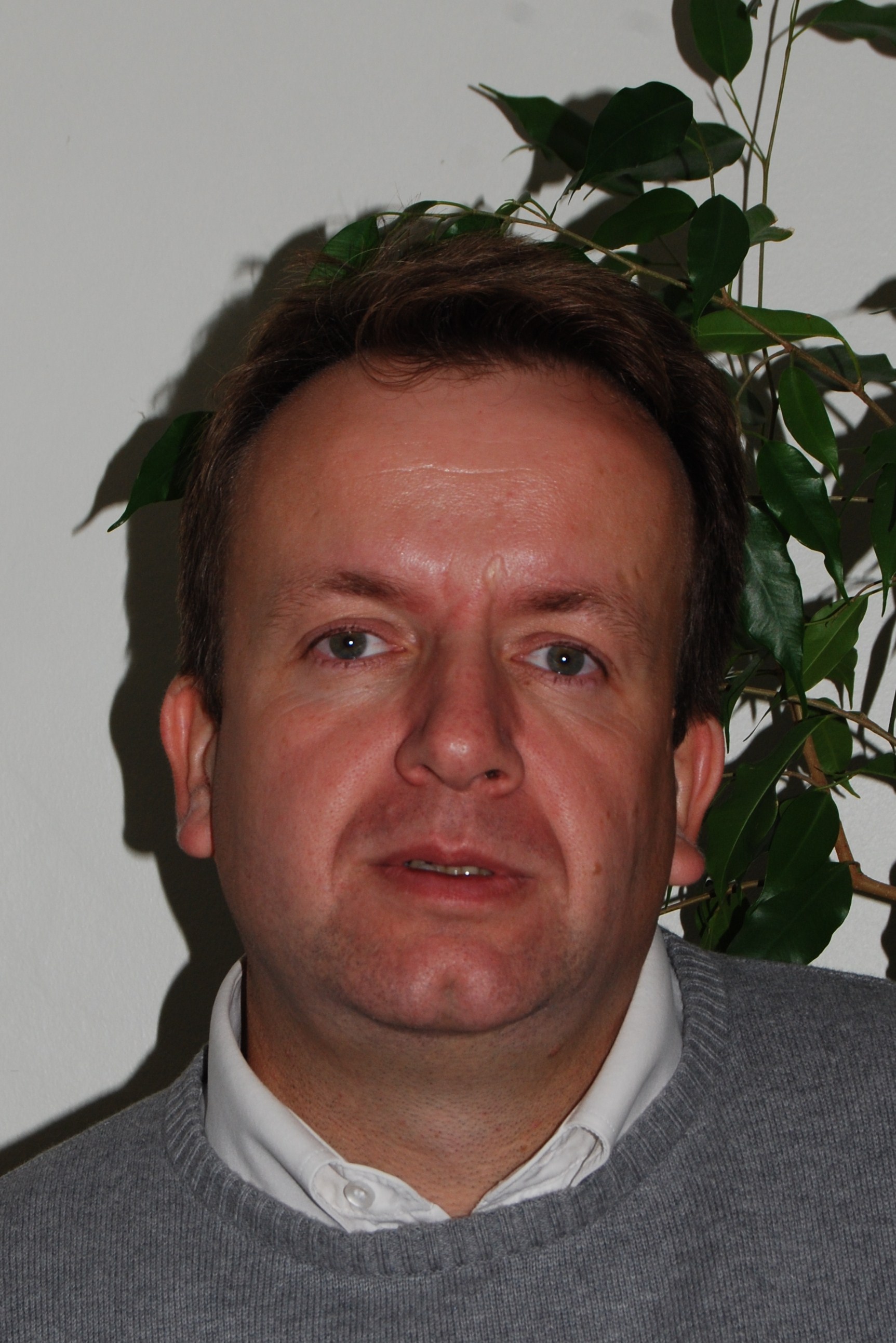 Dr. Vincent Baeten is head of the Food and Feed Quality Unit of the Valorisation of Agricultural Products Department of Agricultural products of Walloon Agricultural Research Centre (CRA-W, Gembloux - Belgium). The Food and Feed Quality Unit is involved in the development of methods based on spectroscopy (NIR, NIR imaging, MIR, Raman), optical microscopy and chemometrics. Dr Vincent Baeten got his Engineer degree in Agronomy (1993) and PhD (1998) in Agricultural Sciences from the Catholic University of Louvain. He has been awarded of a Marie-Curie Fellowship (1996-1998) at the Instituto de la Grasa of the CSIC.
More >>>
Dr. Vincent Baeten is head of the Food and Feed Quality Unit of the Valorisation of Agricultural Products Department of Agricultural products of Walloon Agricultural Research Centre (CRA-W, Gembloux - Belgium). The Food and Feed Quality Unit is involved in the development of methods based on spectroscopy (NIR, NIR imaging, MIR, Raman), optical microscopy and chemometrics. Dr Vincent Baeten got his Engineer degree in Agronomy (1993) and PhD (1998) in Agricultural Sciences from the Catholic University of Louvain. He has been awarded of a Marie-Curie Fellowship (1996-1998) at the Instituto de la Grasa of the CSIC.
More >>> - Jana HAJSLOVA (Institute of Chemical Technology, Prague, CZ)
FINGERPRINTING / PROFILING: A NOVEL APPROACH FOR A HIGH THROUGHPUT AND COMPREHENSIVE ASSESSMENT OF QUALITY AND SAFETY OF FOOD LIPIDS
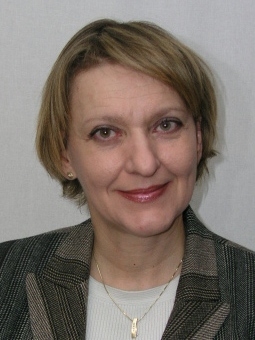 Prof Jana Hajslova is the head of the Department of Food Chemistry and Analysis, Institute of Chemical Technology, Prague and its Laboratory of Food Quality and Safety.
She is an expert in food chemistry and analysis, she has published widely (over 150 original papers) on organic contaminants and chemical food safety.
She has participated at many international and national projects at both research and project management levels: 5th EU Framework program (FIRE, STAMPS), 6th EU Framework program (TRACE, BioCop, HEATOX, QUALITYLOWINPUTFOOD), COST. Currently, she is a member of 6 consortia of EU collaborative projects of the 7th Framework program (QSAFFE, NANOLYSE, CONffIDENCE, PERFOOD, PROMETHEUS, FOODSEG).
More >>>
Prof Jana Hajslova is the head of the Department of Food Chemistry and Analysis, Institute of Chemical Technology, Prague and its Laboratory of Food Quality and Safety.
She is an expert in food chemistry and analysis, she has published widely (over 150 original papers) on organic contaminants and chemical food safety.
She has participated at many international and national projects at both research and project management levels: 5th EU Framework program (FIRE, STAMPS), 6th EU Framework program (TRACE, BioCop, HEATOX, QUALITYLOWINPUTFOOD), COST. Currently, she is a member of 6 consortia of EU collaborative projects of the 7th Framework program (QSAFFE, NANOLYSE, CONffIDENCE, PERFOOD, PROMETHEUS, FOODSEG).
More >>> - Antonio DI GIULIO (European Commission–DG Research, unit Food, Health and Well-being, Brussels, B)
EC PRIORITIES CONCERNING AGRI-FOOD RESEARCH AND INNOVATION
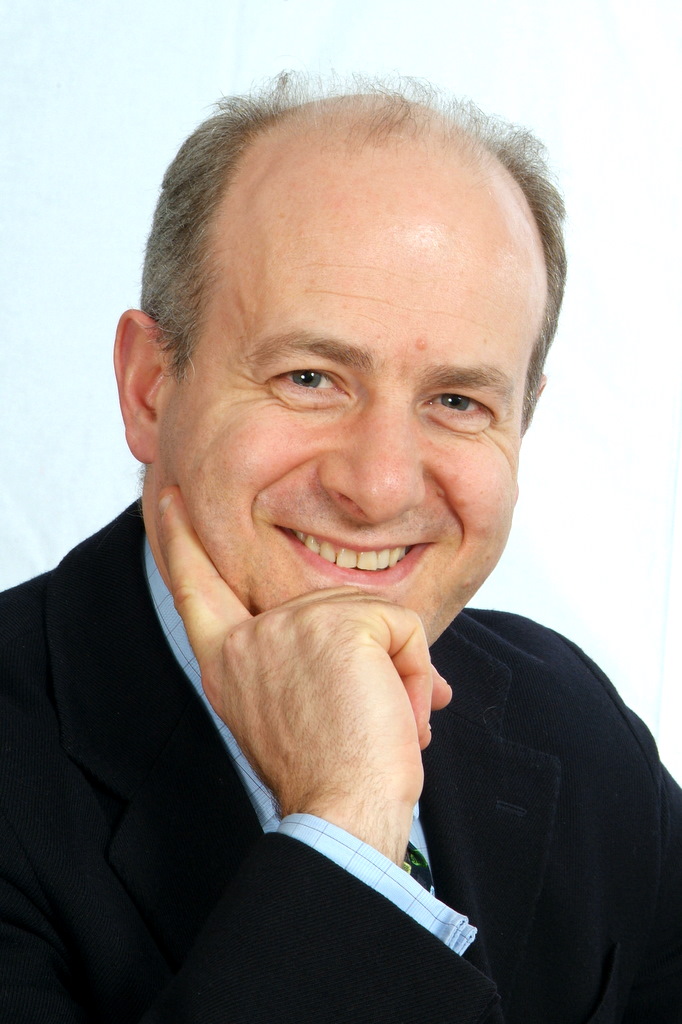 Dr. Antonio Di Giulio is currently Head of the Unit – Policy aspects and Coordination - in the Commission Research and Innovation Directorate General.
He started his professional career as an agricultural economist with the United States Foreign Agricultural Service- Department of Agriculture, (FAS/USDA) in Rome, Italy, working primarily on commodity and food products market analysis as well as on scientific and regulatory aspects including food safety and WTO trade issues.
More >>>
Dr. Antonio Di Giulio is currently Head of the Unit – Policy aspects and Coordination - in the Commission Research and Innovation Directorate General.
He started his professional career as an agricultural economist with the United States Foreign Agricultural Service- Department of Agriculture, (FAS/USDA) in Rome, Italy, working primarily on commodity and food products market analysis as well as on scientific and regulatory aspects including food safety and WTO trade issues.
More >>>
- Chris ELLIOTT (Queen's University Belfast, Belfast, UK)
MEASURING ALGAL BIOTOXINS AND THE ANALYTICAL CHALLENGES STILL AHEAD
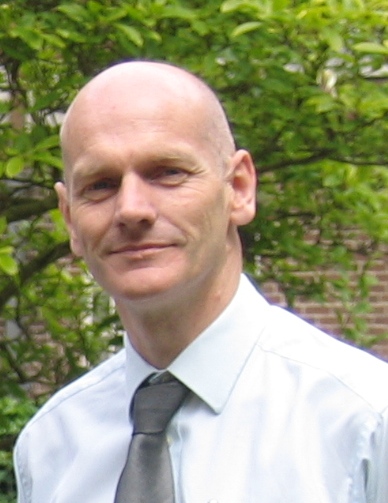 Chris Elliot is currently Professor of Food Safety and Director of the Institute of Agri-food and Land Use at Queen’s University Belfast. He has published in the region of 200 peer review articles, many of them relating to the detection and control of agriculture and food related contaminants. His main research interests are in the development of innovative immunochemical platforms to provide early warning of biotoxin threats across the entire food chain. He is a founding member of the International School for Advanced Residue Analysis in Food based at Laberca in France.
Chris Elliot is currently Professor of Food Safety and Director of the Institute of Agri-food and Land Use at Queen’s University Belfast. He has published in the region of 200 peer review articles, many of them relating to the detection and control of agriculture and food related contaminants. His main research interests are in the development of innovative immunochemical platforms to provide early warning of biotoxin threats across the entire food chain. He is a founding member of the International School for Advanced Residue Analysis in Food based at Laberca in France. - Jean-François FOCANT (University of Liege, Liege, B)
FOOD CRISES & NEW POPs: CHALLENGES IN ANALYSIS
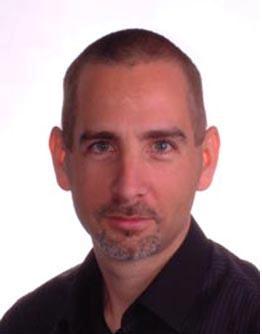 Jean-François (Jef) Focant is an Associate Professor at the Chemistry Department of the University of Liege in Belgium. He is leading the organic and Biological Analytical Chemistry group of the mass spectrometry laboratory. Main research interests are coupling of sample preparation procedures, development of new chromatography strategies in separation science, hyphenation to various types of mass spectrometric detectors through multi-dimensional systems, and implementation of emerging strategies under QA/QC requirements for human biomonitoring and food control. Professor Focant has been active in the field of dioxin analyses for the last 12 years. He chaired the DIOXIN2011 in Brussels last summer.
Jean-François (Jef) Focant is an Associate Professor at the Chemistry Department of the University of Liege in Belgium. He is leading the organic and Biological Analytical Chemistry group of the mass spectrometry laboratory. Main research interests are coupling of sample preparation procedures, development of new chromatography strategies in separation science, hyphenation to various types of mass spectrometric detectors through multi-dimensional systems, and implementation of emerging strategies under QA/QC requirements for human biomonitoring and food control. Professor Focant has been active in the field of dioxin analyses for the last 12 years. He chaired the DIOXIN2011 in Brussels last summer. - Jacob DE JONG (RIKILT–Institute of Food Safety, Wageningen, NL)
RECENT PROGRESS IN RAPID METHODS FOR FOOD QUALITY AND SAFETY CONTROL
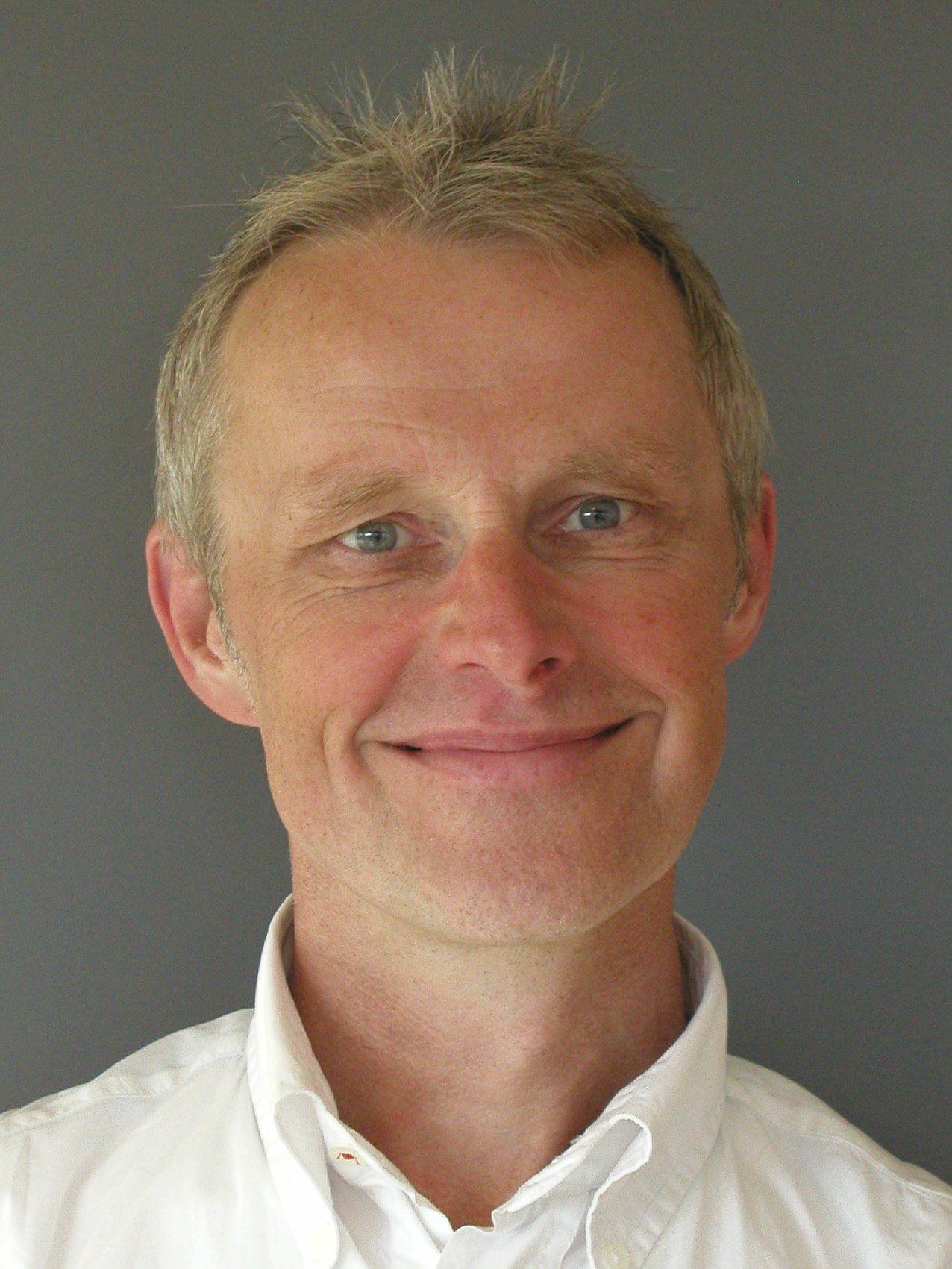
- Education: Analytical Chemistry (Ph. D.), State University of Leiden (NL)
- Senior scientist at RIKILT – Institute of Food Safety, Wageningen (NL), since 1989
- Specialisation in methods of analysis for contaminants and undesirable substances in feed (regulatory control, method development, harmonisation)
- Programme manager for Feed at RIKILT, since 2004
- Chairman of the CEN committee TC 327 “Animal feedingstuffs - methods of analysis and sampling”; since 2001 More >>>
- Rudolf KRSKA (University of Natural Resources and Life Sciences, Vienna, IFA-Tulln, A)
NATURAL TOXINS IN PLANTS AND FOOD: FROM TARGET ANALYSIS TOWARDS METABOLOMICS
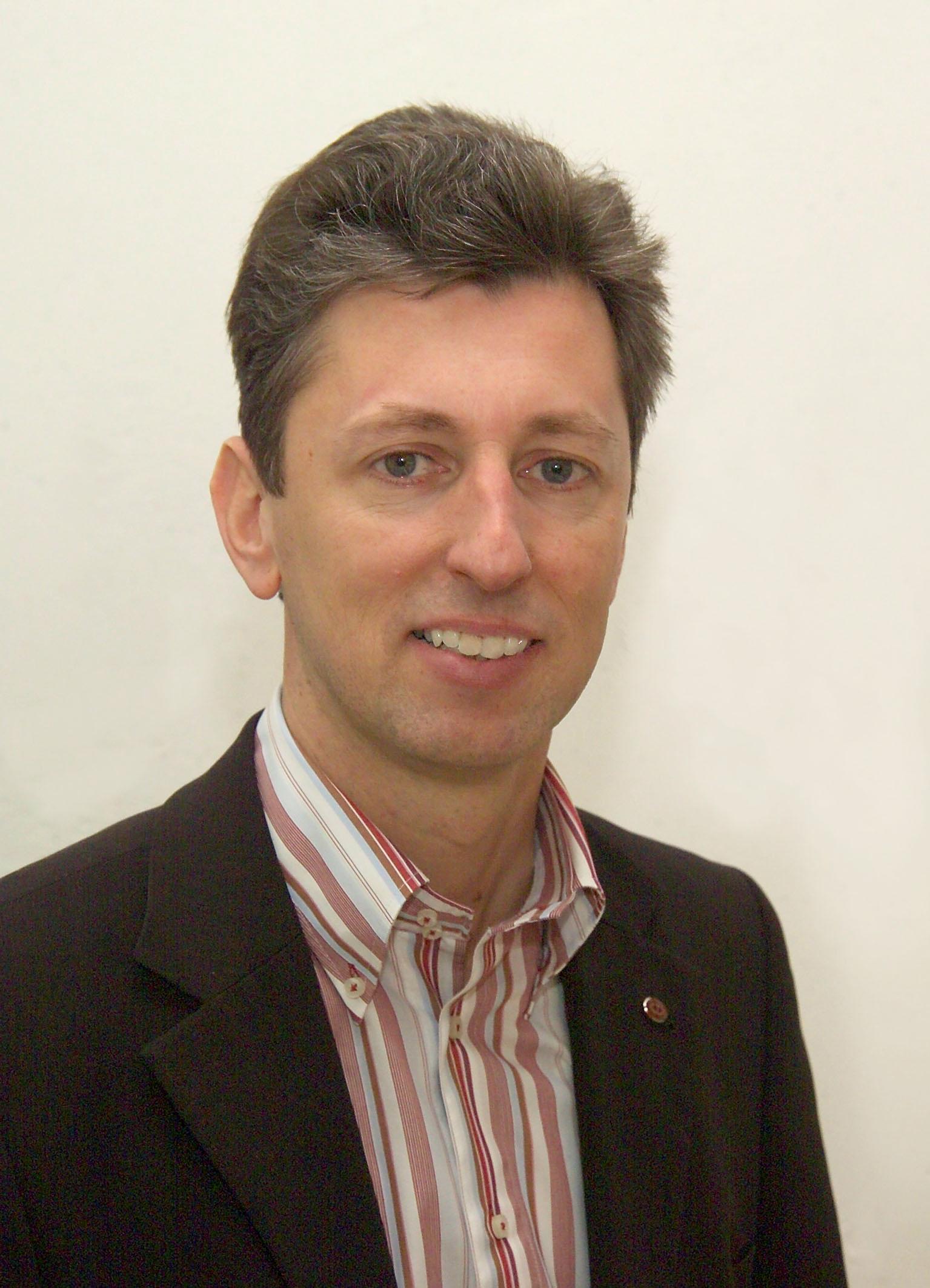 Rudolf Krska is head of the Center for Analytical Chemistry (45 co-workers) of the Department for Agrobiotechnology (IFA Tulln) of the University of Natural Resources and Applied Life Sciences, Vienna. In 1999 he became Associate Professor for Analytical Chemistry and since 2005 has acted as deputy director of the IFA. Rudolf Krska is an expert in food and feed analysis by chromatographic, spectroscopic and immunoanalytical techniques. After obtaining his degree in chemistry at the Vienna University of Technology he carried out postdoctoral studies in the field of mycotoxin analysis at Health Canada in Ottawa. More >>>
Rudolf Krska is head of the Center for Analytical Chemistry (45 co-workers) of the Department for Agrobiotechnology (IFA Tulln) of the University of Natural Resources and Applied Life Sciences, Vienna. In 1999 he became Associate Professor for Analytical Chemistry and since 2005 has acted as deputy director of the IFA. Rudolf Krska is an expert in food and feed analysis by chromatographic, spectroscopic and immunoanalytical techniques. After obtaining his degree in chemistry at the Vienna University of Technology he carried out postdoctoral studies in the field of mycotoxin analysis at Health Canada in Ottawa. More >>> - Marco MASCINI (University of Florence, Florence, I)
PEPTIDE AND OLIGONUCLEOTIDES APTAMERS AS NEW LIGANDS FOR FOOD ANALYSIS
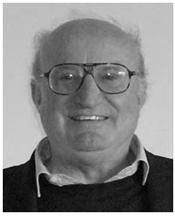 Professor Marco Mascini is full Professor of Analytical Chemistry at the Faculty of Sciences of Florence and sits on the editorial board of several international journals. He is author of more than 400 papers on biosensors development and application. Main scientific interests are: Development of biosensors for different applications in the field of environmental, food analysis and clinical analytical chemistry;-Analytical Chemistry with ion selective electrodes and gas electrochemical sensors; Development of new immobilization chemistries of biomolecules on transducer surfaces for the biosensor development.
Professor Marco Mascini is full Professor of Analytical Chemistry at the Faculty of Sciences of Florence and sits on the editorial board of several international journals. He is author of more than 400 papers on biosensors development and application. Main scientific interests are: Development of biosensors for different applications in the field of environmental, food analysis and clinical analytical chemistry;-Analytical Chemistry with ion selective electrodes and gas electrochemical sensors; Development of new immobilization chemistries of biomolecules on transducer surfaces for the biosensor development. - Michel NIELEN (Detection of Chemical Food Contaminants and RIKILT-Institute of Food Safety, Wageningen University, Wageningen, The Netherlands)
HOLISTIC TECHNOLOGIES IN FOOD ANALYSIS, THE SKY IS THE LIMIT!
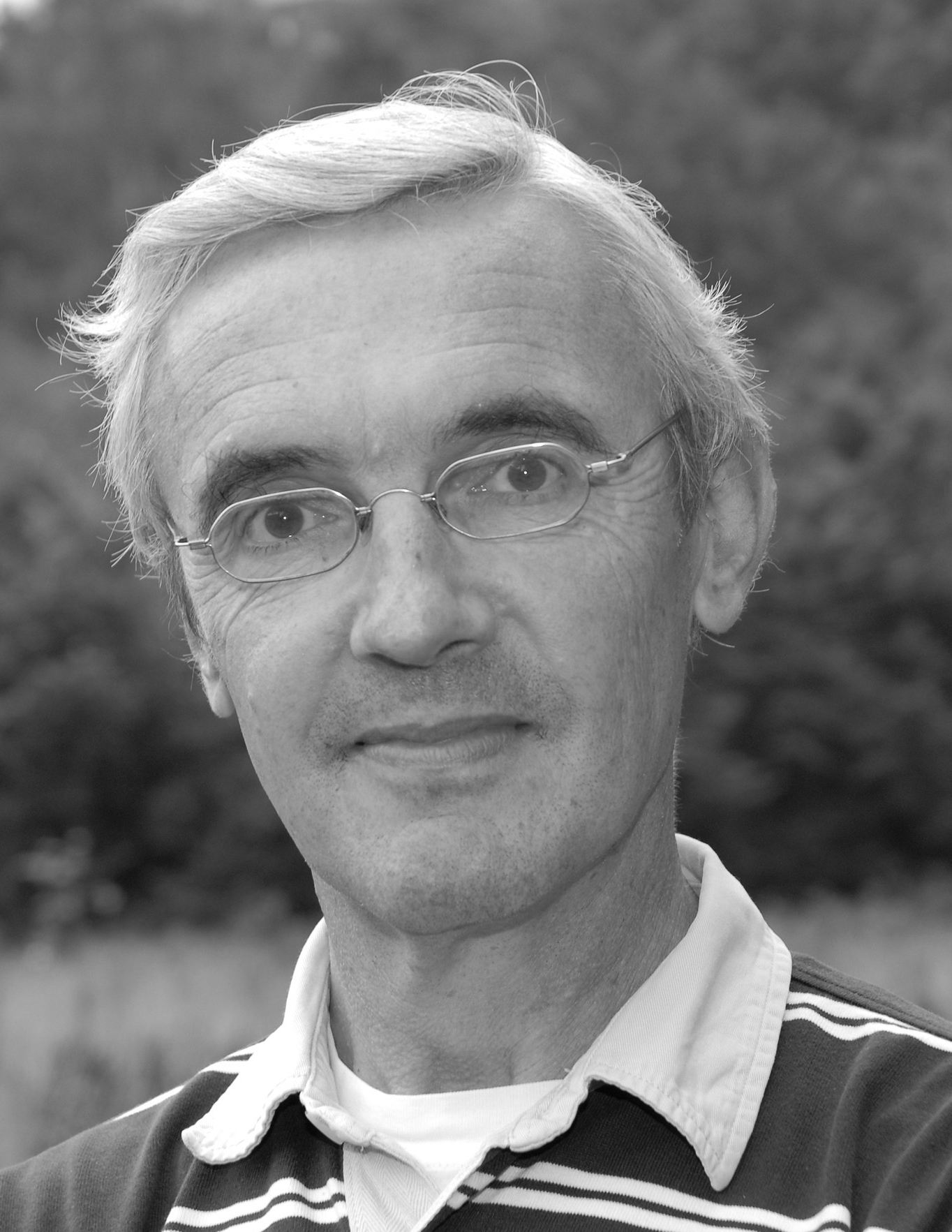 Michel Nielen is Professor in Detection of Chemical Food Contaminants at Wageningen University, and Senior Scientist in Residue Research at RIKILT-Institute of Food Safety, both in Wageningen, The Netherlands.
Michel Nielen studied pharmacy and analytical chemistry at Leiden University and did his PhD in analytical chemistry at the Free University of Amsterdam. He was head of the gas chromatography and dioxin group at the analytical environmental chemistry department of TNO, and head of the mass spectrometry and chromatography groups at Akzo Nobel research in Arnhem. More >>>
Michel Nielen is Professor in Detection of Chemical Food Contaminants at Wageningen University, and Senior Scientist in Residue Research at RIKILT-Institute of Food Safety, both in Wageningen, The Netherlands.
Michel Nielen studied pharmacy and analytical chemistry at Leiden University and did his PhD in analytical chemistry at the Free University of Amsterdam. He was head of the gas chromatography and dioxin group at the analytical environmental chemistry department of TNO, and head of the mass spectrometry and chromatography groups at Akzo Nobel research in Arnhem. More >>> - Peter SCHIEBERLE (Food Chemistry, Technical University of Munich, Garching, D)
THE USE OF “OMICS” APPROACHES IN DEORPHANIZING THE KEY AROMA COMPOUNDS RESPONSIBLE FOR AROMA PERCEPTION OF ROASTED HAZELNUTS
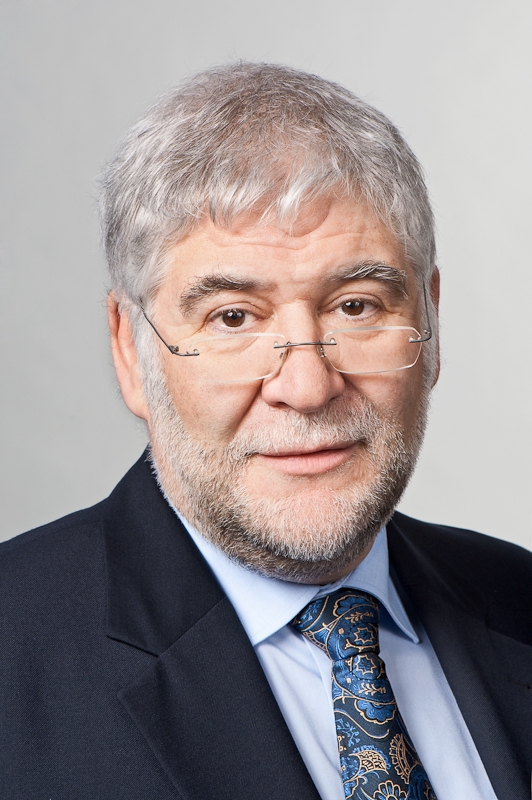 Univ. Prof. Dr. Dr. Peter Schieberle, Chair of Food Chemistry / Department of Chemistry / Technical University of Munich, Full professor for Food Chemistry, was born in 1951. He studied Chemistry at the University of Aachen and Food Chemistry at the University of Bonn and received his University degree in Food Chemistry in 1977 and the PhD from the Technical University of Munich in 1980. After becoming Lecturer at the University of Erlangen-Nueremberg in 1988 and Associate Professor at the Technical University of Munich in 1989, he served as a Full Professor for Food Chemistry at the University of Wuppertal from 1993 to 1995.
More >>>
Univ. Prof. Dr. Dr. Peter Schieberle, Chair of Food Chemistry / Department of Chemistry / Technical University of Munich, Full professor for Food Chemistry, was born in 1951. He studied Chemistry at the University of Aachen and Food Chemistry at the University of Bonn and received his University degree in Food Chemistry in 1977 and the PhD from the Technical University of Munich in 1980. After becoming Lecturer at the University of Erlangen-Nueremberg in 1988 and Associate Professor at the Technical University of Munich in 1989, he served as a Full Professor for Food Chemistry at the University of Wuppertal from 1993 to 1995.
More >>> - Richard STADLER (Nestlé Product Technology Centre, Orbe, Switzerland) ANALYTICAL METHODS FOR FOOD CHAIN CONTROL - CURRENT LANDSCAPE, OPPORTUNITIES, NEEDS AND CHALLENGES FOR THE FOOD INDUSTRY
- Frans VERSTRAETE (European Commission, DG Health and Consumers (DG SANCO), B) FOOD SAFETY ISSUES, WITH FOCUS ON CONTAMINANTS - THE IMPORTANCE OF QUICK BUT RELIABLE ANALYTICAL RESULTS FOR AN EFFECTIVE ENFORCEMENT OF EU LEGISLATION
- Stefan WEIGEL (RIKILT–Institute of Food Safety, Wageningen, NL)
CUTTING-EDGE ANALYTICAL TECHNIQUES FOR NANOPARTICLES IN FOOD
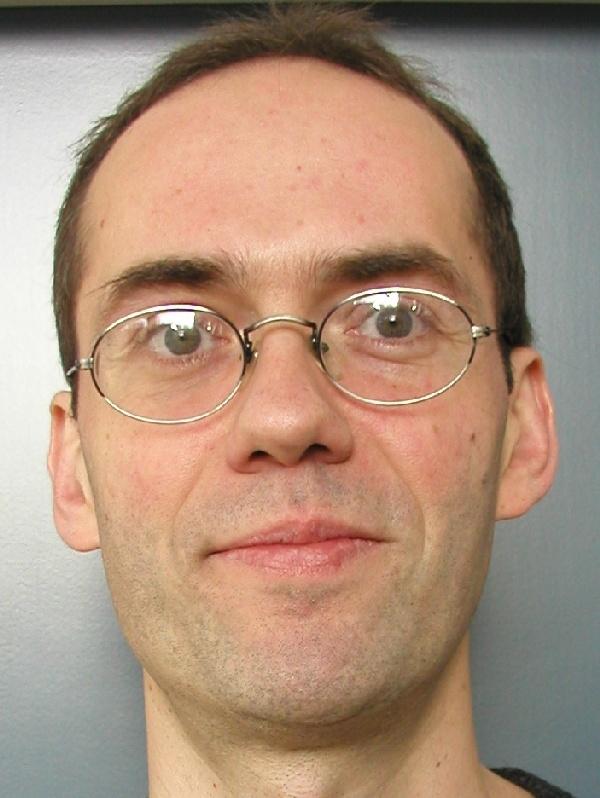 Dr. Stefan Weigel currently works at RIKILT – Institute for Food Safety, within Wageningen University and Research Centre in The Netherlands, as Senior Project Manager and Deputy Programme Manager for veterinary drugs. He is coordinator of the FP7 project NanoLyse (Analytical methods for detection and characterisation of engineered nanoparticles in food) and assistant coordinator of the FP7 project CONffIDENCE (developing rapid tests for chemical contaminants in food and feed). More >>>
Dr. Stefan Weigel currently works at RIKILT – Institute for Food Safety, within Wageningen University and Research Centre in The Netherlands, as Senior Project Manager and Deputy Programme Manager for veterinary drugs. He is coordinator of the FP7 project NanoLyse (Analytical methods for detection and characterisation of engineered nanoparticles in food) and assistant coordinator of the FP7 project CONffIDENCE (developing rapid tests for chemical contaminants in food and feed). More >>>
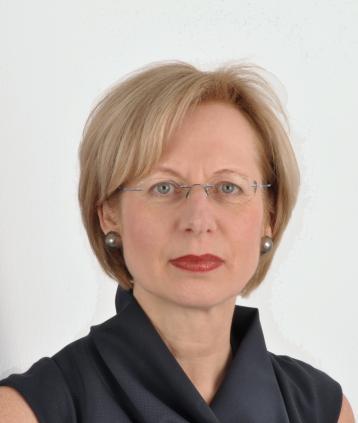 Elke Anklam obtained her degree in Food Chemistry from the University of Münster, Germany in 1981 and her PhD in Organic Chemistry from the University of Hamburg, Germany in 1985, followed by a post-doctoral year in the University of Strasbourg, France. She worked as a researcher in the Hahn-Meitner Institute in Berlin, Germany and was teaching as Professor in the Applied University of Fulda, Germany.
Since 2006 she is Director of the Institute for Health and Consumer Protection (IHCP) located in Ispra, Italy – one of the seven Institutes of the European Commission's Joint Research Centre (JRC). She worked in several positions in the JRC since 1991 (Deputy Director in the JRC Institute for Reference Materials and Measurements (IRMM) in Geel, Belgium; Head of Unit in the IHCP and IRMM).
She has published more than 200 papers in international peer reviewed journals.
Elke Anklam obtained her degree in Food Chemistry from the University of Münster, Germany in 1981 and her PhD in Organic Chemistry from the University of Hamburg, Germany in 1985, followed by a post-doctoral year in the University of Strasbourg, France. She worked as a researcher in the Hahn-Meitner Institute in Berlin, Germany and was teaching as Professor in the Applied University of Fulda, Germany.
Since 2006 she is Director of the Institute for Health and Consumer Protection (IHCP) located in Ispra, Italy – one of the seven Institutes of the European Commission's Joint Research Centre (JRC). She worked in several positions in the JRC since 1991 (Deputy Director in the JRC Institute for Reference Materials and Measurements (IRMM) in Geel, Belgium; Head of Unit in the IHCP and IRMM).
She has published more than 200 papers in international peer reviewed journals.
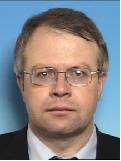 Frans Verstraete graduated in 1985 as agricultural engineer at the University of Ghent (Belgium). After his studies he held positions at the University of Ghent and thereafter at the Belgian Ministry of Agriculture and he was for a period technical adviser of the Belgian Minister of Agriculture. He is working for the European Commission since 1997. In the European Commission he has had various functions but since 2000 he is working at the Directorate General Health and Consumers in the Chemicals, contaminants and pesticides unit. He is responsible for the elaboration, development and management of the EU-legislation concerning certain contaminants in feed and food.
Frans Verstraete graduated in 1985 as agricultural engineer at the University of Ghent (Belgium). After his studies he held positions at the University of Ghent and thereafter at the Belgian Ministry of Agriculture and he was for a period technical adviser of the Belgian Minister of Agriculture. He is working for the European Commission since 1997. In the European Commission he has had various functions but since 2000 he is working at the Directorate General Health and Consumers in the Chemicals, contaminants and pesticides unit. He is responsible for the elaboration, development and management of the EU-legislation concerning certain contaminants in feed and food.
SPECIAL OPPORTUNITIES FOR YOUNG SCIENTISTS:
- Space reserved in the main program for oral presentations given by young researchers
- RAFA 2011 student travel grants
- Awards for the best poster presentations by young scientists
- Discussion platform on research opportunities and post-graduate education in EU, organized jointly by EC Joint Research Centre (EC-JRC-IRMM) and Technology Centre of Academy of Science of the Czech Republic
- RAFA ABC special issue
- RAFA associated workshop
- RAFA 2011 outcomes
- Book of Abstracts
- Photogallery
- Programme
- Vendor seminars
- Committees
- Venue
- Accommodation
- Exhibitors/sponsors
- Important dates and Deadlines
- Registration
- Abstracts
- Information
- Last RAFAs
- Contacts
|
EU projects represented at RAFA
|
|
RAFA associated events
|
Advanced Food Analysis
January 28th - February 1st, 2013
Wageningen, The Netherlands
- © International Symposium on Recent Advances in Food Analysis Site information


